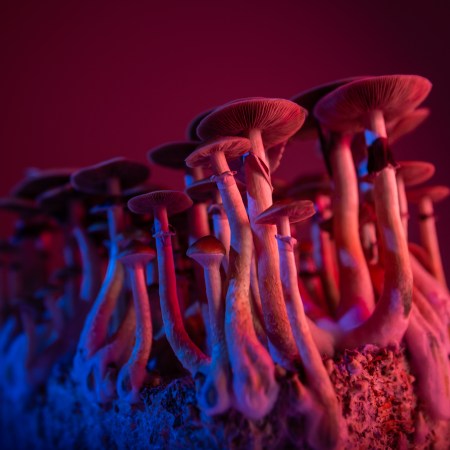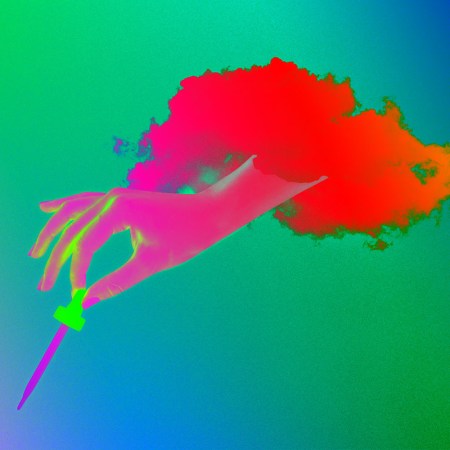This week brought with it the sad news that Baba Ram Dass had died at the age of 88. His obituary at The Guardian detailed the arc of his life: from academic to advocate for psychedelics to spiritual figure. His life overlapped with that of a number of notable countercultural figures, Timothy Leary chief among them, but his life also eludes easy categorization; his place in culture can’t be accurately summarized in a short sentence, the way many of his former colleagues could have been.
Ram Dass first became well-known for his research alongside Timothy Leary into the effects of LSD and other psychedelics. They conducted this research at Harvard University until 1963, when the university fired them. This wasn’t because the substances that they were working with were illegal at the time, however — they weren’t. And that fact opens the door to one of the most fascinating elements of Ram Dass’s life.
As a young man, psychedelics were not illegal; instead, they were the subject of keen scientific interest. Aldous Huxley’s 1954 book The Doors of Perception focused on his experience with mescaline; this was considered a major literary event, as opposed to an obscure countercultural work. LSD wasn’t necessarily mainstream during that era, but it also occupied a more central place in the culture than one might expect.
In the late 1960s, things changed, and LSD became criminalized. From there, LSD moved underground — to an extent, it had to. And LSD itself fell out of use: a 2004 article in Slate reported on a University of Michigan study indicated a massive drop in its consumption: “the group has never seen such a dramatic drop in the use of an established illicit drug as they’re seeing now with LSD.”
But things have a way of shifting back over time. And in the final years of Ram Dass’s life, he was able to see attitudes about LSD evolve back towards a more therapeutic role for the drug. In an interview earlier this year with The New York Times Magazine, he spoke of LSD in terms that recall the sacred. “I gave my guru in India LSD, and he said that plants with similar effects were around in the olden times and that by taking them you could stay in the room with Christ for only a few hours instead of living with the Lord,” he told David Marchese.
The growing popularity of microdosing, written about in high-profile books by Ayelet Waldman and Michael Pollan, has also boosted the idea that — as Ram Dass and Timothy Leary argued decades ago — psychedelics can be good for you. And given that Steve Jobs spoke glowingly about his own experiences with LSD, there’s probably a business school course somewhere teaching you how psychedelics can make you a better disruptor in your field.
The way that LSD was perceived at the beginning of Ram Dass’s long and storied life may not have lined up perfectly with how it was perceived near its end, but the two points are closer than they might appear. And it’s hard to deny that Ram Dass’s own work helped lead to that resurgence.
Subscribe here for our free daily newsletter.
Thanks for reading InsideHook. Sign up for our daily newsletter and be in the know.


















